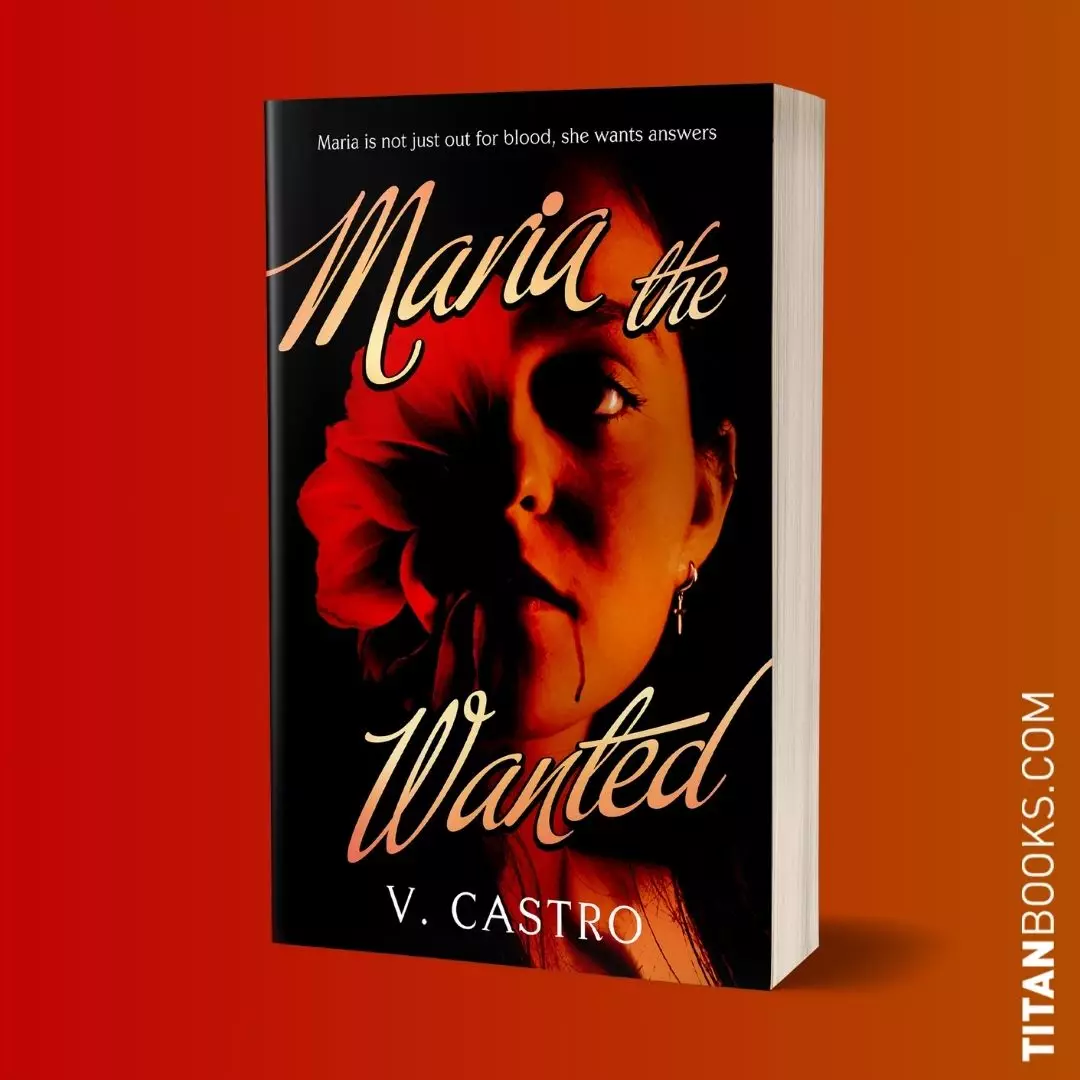In the literary landscape of genre fiction, V Castro emerges as a trailblazer, particularly celebrated for her unique infusion of feminist themes into dark fantasy and folk horror. ‘Maria The Wanted’, her latest work, takes readers on a haunting journey through the twisted corridors of morality, survival, and identity. Castro’s storytelling is not merely an escape; it beckons readers to confront the hard truths of societal injustices, all wrapped within an enthralling narrative that pushes the boundaries of traditional horror.
At the heart of the novel is Maria, an antiheroine whose evolution from a struggling immigrant to a formidable vampire is both compelling and tragic. The premise of being a “wanted” woman is particularly poignant in the context of contemporary socio-political climates. Maria’s struggles are emblematic of a more significant narrative about survival in a world rife with violence and exploitation, underscored by her connections to both an Aztec trafficker and a cartel boss. Through Maria, Castro challenges readers to reflect on the complex landscapes of morality: Is she a force for justice or an avenger seeking solace in the very darkness she fights against?
The setting of Juarez, Mexico, serves as more than just a backdrop but a character itself in ‘Maria The Wanted.’ Castro vividly brings to life the dichotomy of beauty and brutality inherent in this city, a reflection of the multifaceted experiences of its inhabitants. The transition from a hopeful immigrant to a vampire imbued with power speaks to the shifting identities faced by those navigating oppressive systems. In this way, Castro does not shy away from addressing systemic injustices but weaves them into the very essence of her narrative.
Maria’s journey is one of self-discovery and confrontation with her new identity. Her transformation into a vampire allows her access to newfound strength, yet it raises critical questions about autonomy and complicity. In her quest for answers, she learns not only a new language but also the fierce art of combat, which underscores a theme of empowerment that resonates with contemporary audiences. The novelty of an ex-boxer guiding her path adds layers to her character, offering a mentorship that juxtaposes vulnerability with strength.
The figure of the Devil, woven into Maria’s narrative, represents the temptations and moral dilemmas inherent in her transformation. This metaphor transcends the mere existence of evil, inviting readers to ponder the complexities of desire. As Maria grapples with her dual existence—both as a savior and a creature of the night—Castro skillfully blurs the line between saint and sinner. This nuanced characterization invokes both intrigue and empathy, compelling readers to navigate the murky waters of their own moral judgments.
In ‘Maria The Wanted’, V Castro not only crafts an engaging horror narrative but also presents a modern fable of resilience against adversity. The novel serves as a stark reminder that the path to self-acceptance is fraught with challenges, yet it is through these trials that true strength is forged. Castro’s work stands as a testament to the potential for transformation in the face of adversity, inviting readers to immerse themselves in a world where both darkness and light coexist. Ultimately, ‘Maria The Wanted’ redefines the vampire mythos, making it a remarkable addition to feminist fiction and a significant commentary on the human condition.


Leave a Reply